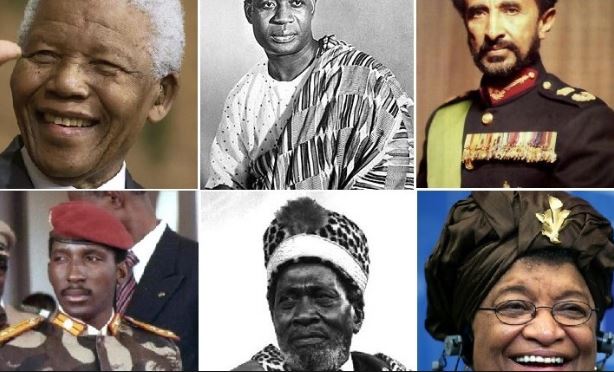I keep asking myself a question. What would Nkrumah think if he could see Africa today? Would he smile at the African Union or AfCFTA or would he scroll through Instagram and wonder how hashtags became the new rallies? Would Haile Selassie nod at young Africans organizing across borders or shake his head at the division that still lingers?
Pan-Africanism was once a dream written in speeches and manifestos. Leaders like Nkrumah and Haile Selassie imagined a continent that could stand together as one voice. Borders drawn by colonial powers were supposed to divide us but the dream was bigger than those lines. People believed in unity not just as politics but as a shared heartbeat. It was a vision that connected culture economy and politics into a single idea: Africa could determine its destiny and speak to the world as one.
Back then the battles were different. Activists fought colonial powers with words newspapers rallies and sheer courage. They had no Twitter, no TikTok, no viral videos to spread their message. Yet millions heard them and acted. The dream was carried in hearts not hashtags. And that is what made it revolutionary. It was personal it was bold it was dangerous.
Fast forward to today and the heartbeat is still there but it sounds different. It pulses through young Africans who take to the streets and the screens to demand justice fairness and change. #EndSARS in Nigeria showed the power of collective youth action. In Ghana students are pushing for reforms that affect education and governance. In South Africa young activists challenge inequality and corruption daily. Movements are no longer limited by geography or resources. A post can spark conversations across countries and a video can inspire change across continents.
And yet the tension remains. Countries still prioritize national politics over continental solidarity. Rivalries persist. Borders remain, old wounds linger, and sometimes it feels like we are drifting apart rather than coming together. Institutions like the African Union are a step but they cannot replace the raw energy of ordinary people rising together. Unity has to live in our actions in how we connect and how we fight for one another. It has to be practiced, not just preached.
Here is what strikes me most. The tools have changed but the fight is just as real. Nkrumah could not tweet or post a video but his vision inspired millions. Today we have reach speed and connectivity but challenges—corruption inequality lack of opportunity—are still there. And yet hope survives because young Africans refuse to sit quietly. They refuse to let the dream die. They are turning it into reality one action one conversation one protest at a time.
I want to ask you as you read this. How do you live Pan-Africanism today? Is it about ideas, or is it about action? Can a simple post a conversation or a local initiative ripple into something bigger? What would unity look like if every one of us took responsibility in our own communities? If one person can inspire change in their neighborhood what could millions inspire across Africa?
For me Pan-Africanism is about connection. About realizing that struggles are linked that injustice anywhere affects us all. It is about using every tool we have to speak up build bridges and challenge systems that divide us. It is about turning a dream into daily reality. It is about lifting each other while refusing to accept division as inevitable.
And here is what excites me most. The dream is alive. Maybe it does not look exactly like the visions of the past but it is alive in courage creativity and collective action. Young Africans are shaping Pan-Africanism with passion determination and imagination. From community projects to online activism to political campaigns, they are redefining what unity can look like in the 21st century.
I see it every day in the people around me. In friends organizing campaigns, in youth-led initiatives helping those in need, in ordinary people refusing to be silent. If we pay attention we can see it growing in voices rising across Africa. And maybe, just maybe, we can add our own voice to the chorus that says this continent belongs to all of us.
So I leave you with this: how will you live Pan-Africanism today? Will you be a spectator or a participant? How can your actions ripple beyond your city, your country, your borders? Share your story your doubts your hopes because the future of this continent belongs to all of us not just the leaders. The dream is alive and it needs every one of us to make it real.


